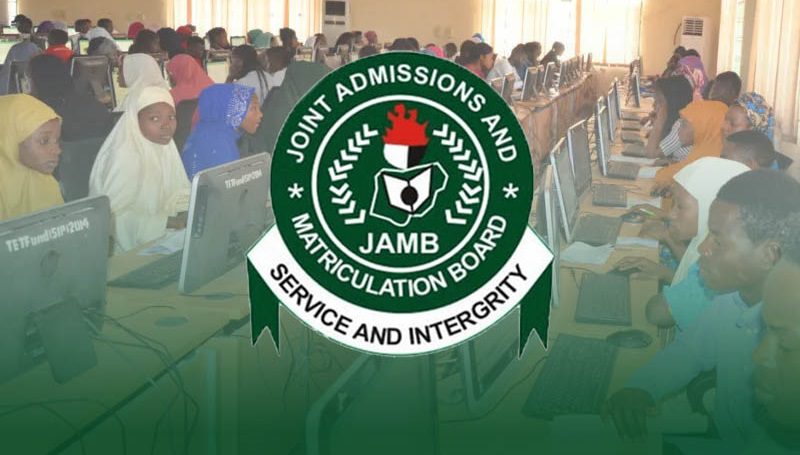The recent decision by the Joint Admissions and Matriculation Board (JAMB) to set the minimum cut-off mark for university admission at 150 for the 2025/2026 academic session has sparked a wave of mixed reactions across Nigeria.
At its annual policy meeting held in Abuja, JAMB also pegged the cut-off at 100 for polytechnics and colleges of education, while colleges of nursing will now admit students from a minimum score of 140. Additionally, the board confirmed the minimum admission age as 16, reducing it from the previous 18.
While JAMB maintains that the adjustments are intended to widen access to tertiary education, many education stakeholders have expressed concern over the implications on academic standards and student preparedness.
Concerns Over Lower Standards
Dr. Tunde Elebute, a private school proprietor in Lagos, believes the lower cut-off mark discourages serious study habits among students.
“This is evidence that our children are no longer focusing on burning the midnight candle for excellent results… If children scored so low, what can JAMB officials do?”
He called for a national education emergency, urging government at all levels to hold summits and campaigns to revive interest in learning and promote practical, hands-on education.
Dr. Benneth Eze, a lecturer at a private university, believes the 150 benchmark is still too low and suggests that a 45% score—around 180—should be the minimum for university admission.
“Lowering the cut-off mark tends to adversely affect the quality of graduates… Universities, however, are free to set higher cut-off marks on their own,” he added.
Support for Lower Age Limit
While opinions about the cut-off mark differ, the reduction of the admission age to 16 has gained broader support. Education consultant, Utase Joseph Utase, noted that while the move might make tertiary education more accessible, it raises questions about emotional and intellectual readiness.
“Accessibility should not come at the expense of quality and readiness,” he said, recommending stronger internal screening and student support systems in universities.
Dr. Victor Mathew of the Kingdom Advocacy Network (KAN) also expressed concern over the cut-off score, calling it a backward move.
“When the entry bar is so low, the unintended consequence is a lack of strive by students to study very hard and excel,” he said. However, he agreed with allowing 16-year-olds to begin higher education, especially in cases where gifted students have skipped classes.
Bishop Herbert Ekechukwu, an economist and commentator, acknowledged the lower scores may reflect the current realities in the education sector but cautioned against compromising long-term educational quality.
“High cut-off marks make JAMB more of a disqualifying board than an admissions body,” he argued.
As universities prepare to implement the new guidelines, it remains to be seen how institutions will balance inclusivity with the need to maintain academic standards.

Content & Social Media Manager planning and publishing educational content, including scholarship updates, career resources and student-focused articles at The Students Forum Nigeria.






















